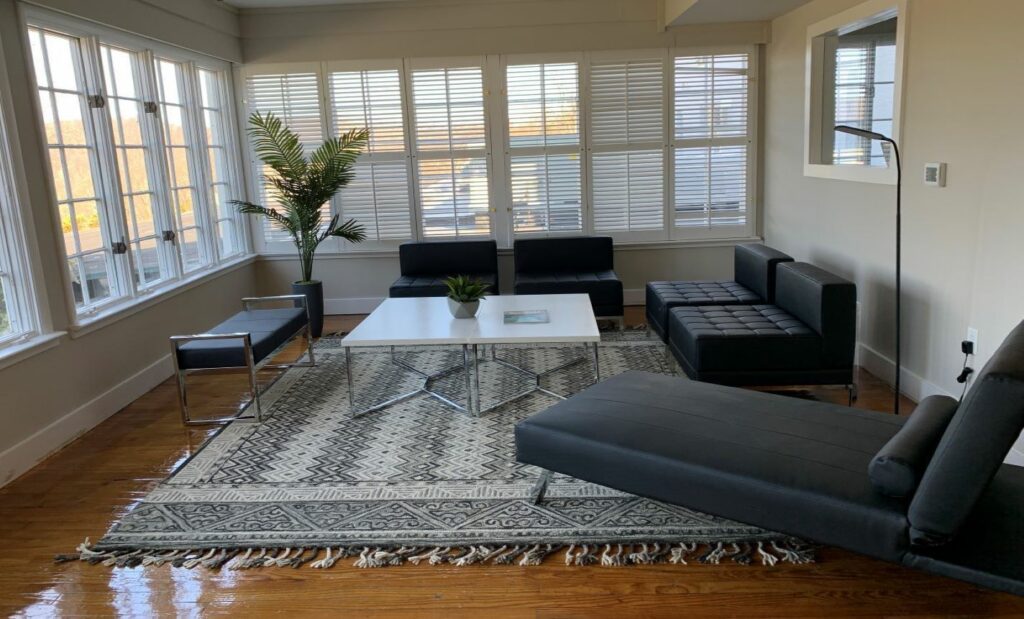August 19, 2020 – Mental Health Facilities
So you’ve just returned from your primary care physician having discussed your anxiety and depression. You have a script in hand with the instructions to come back in a month to see how you’re doing.
On the way home, you pick up your prescription and you can’t wait to take your new medication to find some relief.
After a day or two, you feel some relief but new symptoms develop – side effects from your medication. You call your primary care physician and speak to a nurse because you can’t get through to your doctor.
Your nurse tells you your symptoms are normal and to relax and drink a lot of water, that in a few days your symptoms should subside.
After a few days, symptoms subside slightly – but not all the way – and you figure it’s the “new normal” and that what you are feeling with the medication is better than what you were feeling without the medication.
So you tough it out and wait for your next appointment, where your doctor may or may not make adjustments based on your conversation.
If this sounds familiar, you are a part of 20% of Americans who visit their primary care physician for Mental Health reasons.
Primary care physicians are great first responders to our initial mental health symptoms. We feel comfortable sharing our mental health concerns with our primary care physicians and for the most part, they do a good job diagnosing us and prescribing medication to help treat our symptoms. Additionally, we trust our primary care physicians. In the past they have made us feel better and we hope that with a simple pill, we’ll feel better again, soon. So we settle for a quick diagnosis and their prescribed medication.
But that’s where it usually ends. We’re left to handle side effects and left with our own thoughts and feelings.
But there is a better way. There are treatment centers that can help you not only recognize your symptoms, but also help you manage and understand your symptoms while under the supervision of doctors, nurses and therapists who can really help.
Typically, there are four levels of care for individuals looking to manage their Mental Health Diagnoses:
Residential Treatment – Residential treatment offers high-quality, long-term mental health care within a structured, homelike setting that contributes to healing and a sense of community. Many residential facilities accept health insurance.
Partial Hospitalization – Partial hospitalization provides a structured program of outpatient psychiatric services as an alternative to inpatient psychiatric care. It’s more intense than care you get in a doctor’s or therapist’s office, but less intense than a residential treatment program. This treatment is provided during the day and doesn’t require an overnight stay. Some PHP’s offer an housing option regardless. Many PHP’s accept health insurance.
Intensive Outpatient Program – Intensive outpatient programs (IOPs) are a step down from Partial Hospitalization and used to address mental health diagnoses at an even less-intensive level than Partial Hospitalization Programs. Many IOPs accept health insurance. Some even offer a housing option.
Practitioners in private practice – Many individuals see a mental health professional at the practitioner’s office for mental health treatment/counseling. Appointments may be for individual, group or even family therapy. Many practitioners accept insurance payments for services.
If you or someone you know has been diagnosed with a Mental Health Disorder, you may need deeper treatment to ensure healthy management of your diagnoses in order to live a fruitful life. If this is you, there is help available. Water Gap Wellness provides a full spectrum of services that address Mental Health and Addiction needs. Don’t just settle for taking your meds. Seek deeper help now. https://www.watergapwellness.com/admissions/verify-insurance
Call our professional admissions counselors: 833-949-4673 or email info@watergapwellness.com
written by Annette Kaiser, Water Gap Wellness




